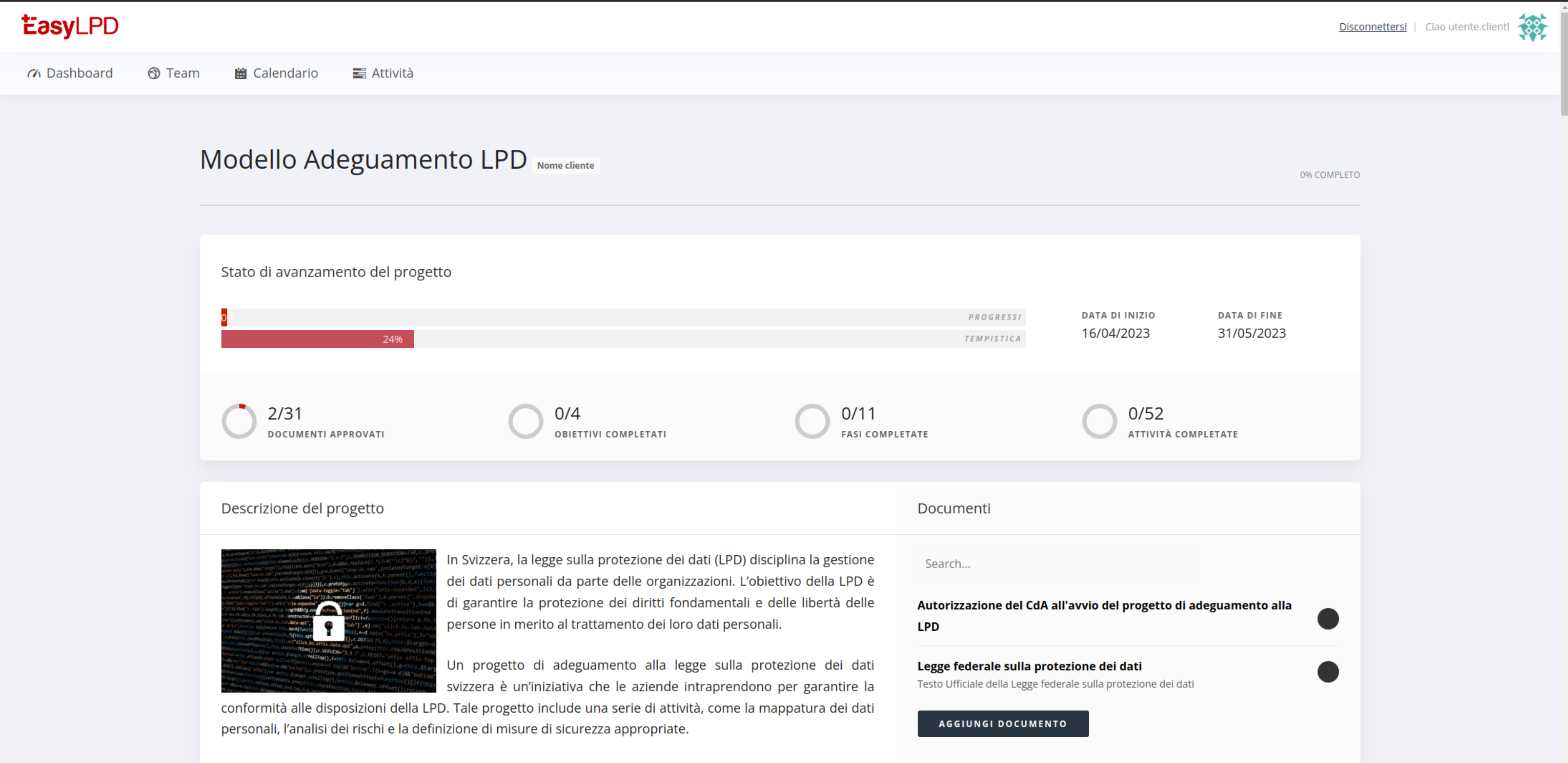01. Assessment & Gap Analysis
With our Privacy Assessment service, we assess the company's compliance with the Swiss FADP, identifying any gaps and suggesting solutions to correct them. During the assessment, the company's entire technological infrastructure, data management processes, internal policies and procedures, and staff training and awareness activities are audited. Based on the results, a gap analysis is prepared, highlighting any inconsistencies between the organization's current practices and the requirements of the Swiss FADP.









